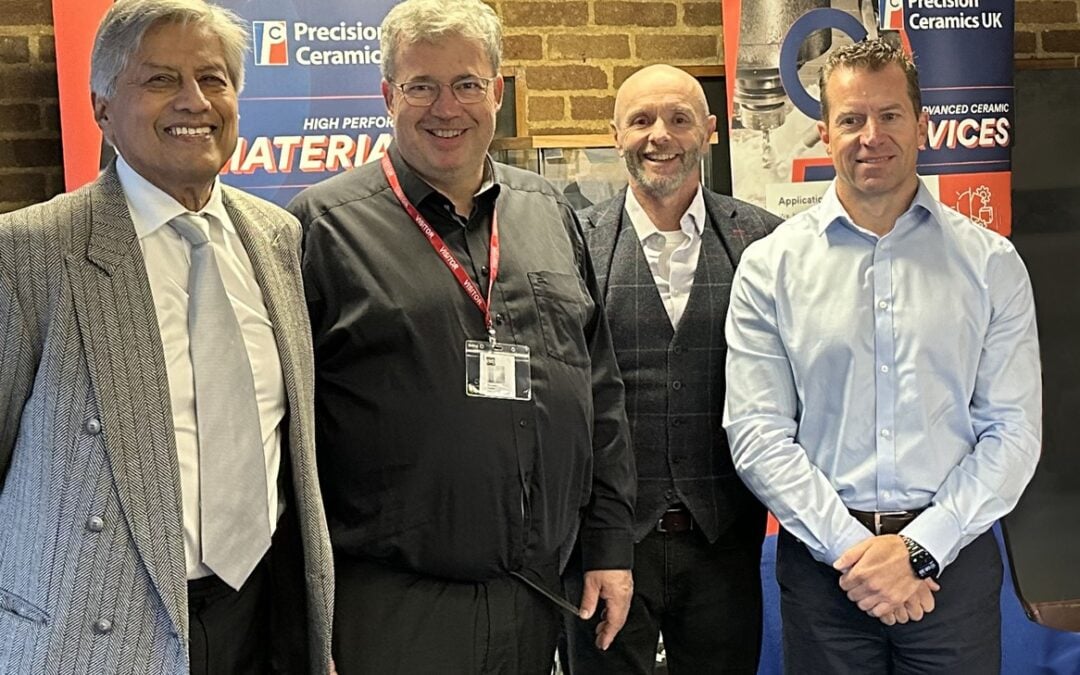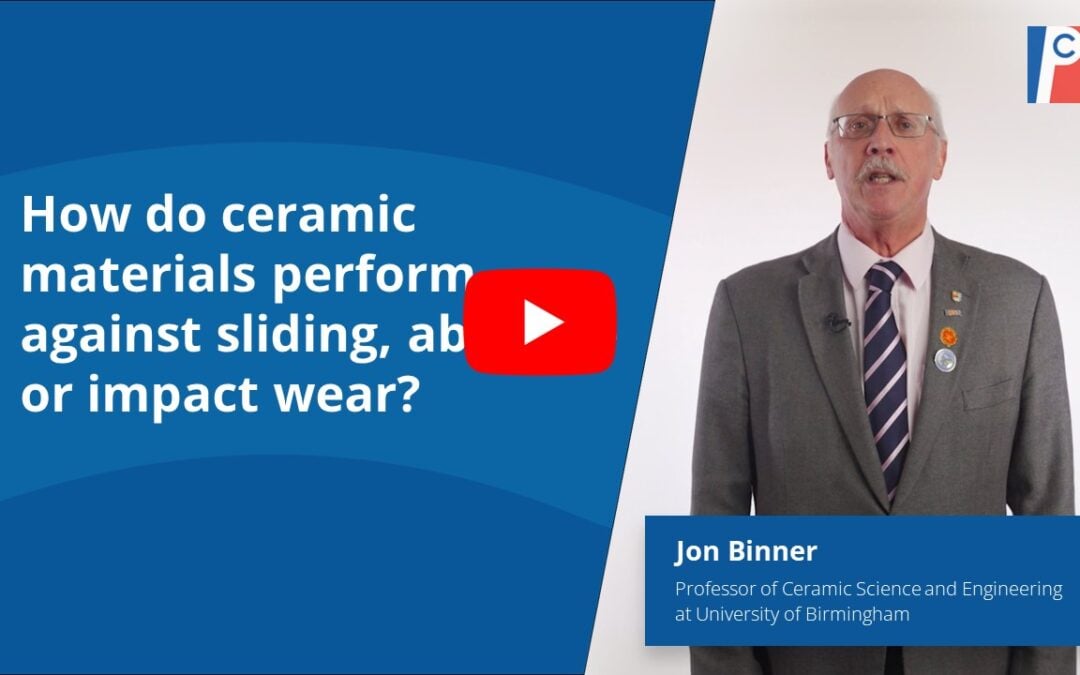We are delighted to announce that Bernhard Kühn has joined Precision Ceramics as the Sales Manager for the Germany, Austria, and Switzerland (DACH) region. With his wealth of expertise and impressive professional background, Bernhard is ready to be your primary...





